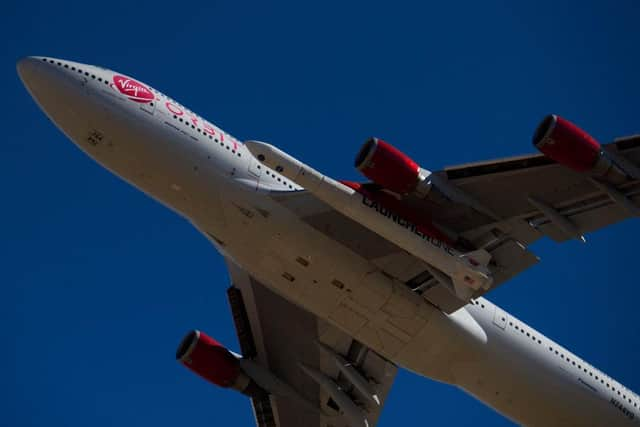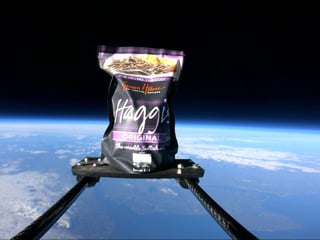Who owns Virgin Orbit? The rocket company is launching satellites into space - here's why
A growing number of companies are seeking to launch satellites into orbit on data driven missions.
The venture - dubbed 'the new space race' - will see an increase in the number of satellites sent up into orbit over the coming years.
Advertisement
Hide AdAdvertisement
Hide AdThere are currently around 6,000 satellites circling Earth and experts believe this number will rise significantly to 25,000 by 2025.


Virgin Orbit is one of those companies.
Who owns Virgin Orbit?
Virgin Orbit is a rocket company that provides launch services for small satellites within the Virgin Group, owned by Sir Richard Branson.
The company, which is based in Long Beach, California, and has around 390 staff, is led by president and chief executive officer Dan Hart.
Mr Hart, who has more than 30 years of aerospace experience at Boeing, has been Virgin Orbit's “head honcho” since it was founded in 2017.
In January 2021, it sent 10 payloads - small satellites - into orbit via a rocket which was launched from under the wing of an old 747 jumbo jet.
The rocket was dedicated to the memory of Eve Branson, mother of Virgin founder Richard, who died from Covid-19 that same month.
Why is Virgin Orbit launching satellites into space?
The race to send satellites into space is hotting up with more than 250 companies on the launch pad, waiting for the green light.
It is a big opening up of the market, which traditionally has been difficult to join, with 75% of the industry made up of just seven firms.
Advertisement
Hide AdAdvertisement
Hide AdThe space industry is worth around £285 billion - 60% of which is commercial - attracting the interest of hundreds of private firms.
Virgin Orbit hopes to tap into a market for smaller, lighter and lower-costing satellites which will collect and transmit data worldwide.
On its website, Virgin Orbit states: "Small satellites are ushering in a new era of space capabilities — connecting us across vast distances, stimulating the global economy, and expanding the limits of human knowledge.
"This rapidly growing industry requires a launch service that is as agile and affordable as the satellites themselves. But until now, there hasn’t been one.
"Enter Virgin Orbit’s LauncherOne system: a rocket that combines proven technology with state-of-the-art manufacturing techniques to propel human curiosity to new heights."
What are the benefits of satellites in space?
The commercial use of space dates back to 1962 when the Telstar satellite was launched to transmit television signals over the Atlantic Ocean.
It has laid the foundations for satellite television, satellite navigation, satellite imagery, and widening internet access in hard to reach areas.
It helps forecast weather patterns, heat signatures and atmospheric changes, while also creating new jobs - but not everyone is in favour.
Advertisement
Hide AdAdvertisement
Hide AdWhat concerns are there around sending more satellites into space?
The more smaller satellites, known as nanosats, are sent into space the more congestion there will be.
While it may not be an issue in the short term, a senior member of the Institute of Electrical and Electronics Engineers has voiced concern.
Paul Kostek said: "We're talking thousands of small satellite launches and there's a traffic management problem that people have not really encountered before."
"What happens if one satellite gets hit by space debris, breaks apart and goes into the orbit of another constellation? You've added more debris in orbit around the Earth."
